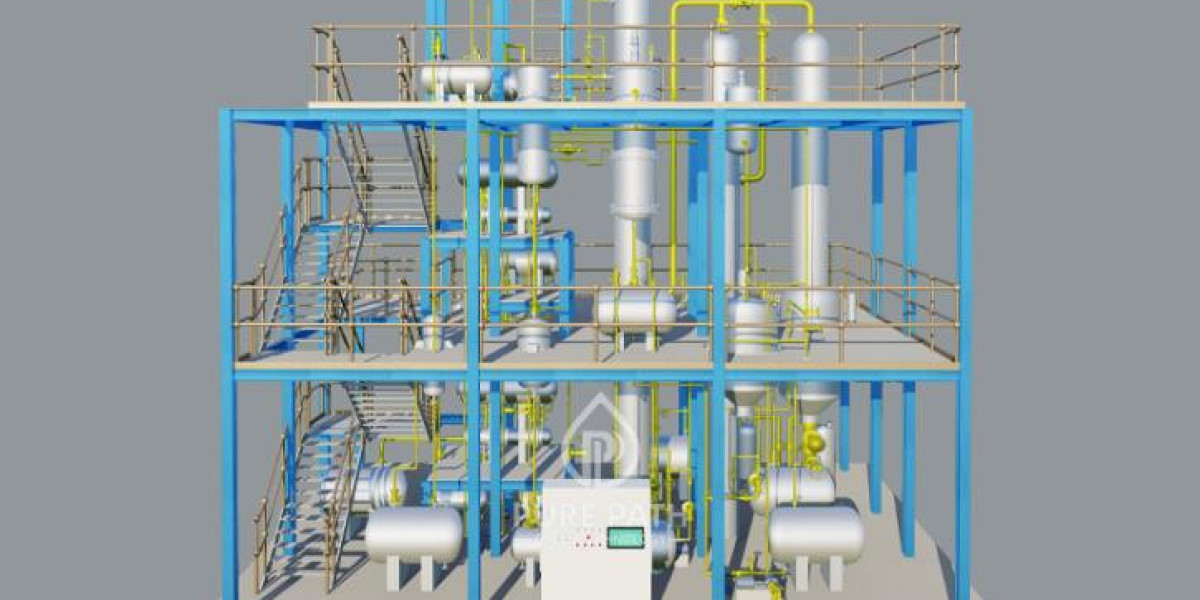By converting waste oil into high-quality base oils, these plants contribute to a circular economy and reduce our reliance on fossil fuels.
Understanding the Process
Waste oil to base oil plants employ advanced technologies to transform used oils, such as engine oil and industrial oils, into base oils suitable for various applications. The process typically involves several key steps:
Collection and Storage: Waste oil is collected from various sources and stored in designated tanks.
Pretreatment: The collected waste oil undergoes pretreatment to remove impurities and water.
Distillation: The pretreated oil is distilled to separate it into different fractions based on boiling points.
Hydroprocessing: The desired fraction is subjected to hydroprocessing, a chemical process that removes contaminants and improves the oil's quality.
Finishing: The hydroprocessed oil undergoes further refining processes, such as solvent refining or acid treatment, to achieve the desired properties.
Blending: The final product, base oil, is blended with additives to create lubricants for various applications.
Key Technologies Driving the Industry
Several technologies are driving the growth of waste oil to base oil plants:
Hydroprocessing: This technology is essential for upgrading waste oil into high-quality base oils. It involves treating the oil with hydrogen gas in the presence of a catalyst to remove impurities and improve its properties.
Solvent Refining: This process removes impurities and color from the oil using solvents.
Acid Treatment: This technique neutralizes acidic compounds in the oil.
Molecular Distillation: This advanced distillation technique separates molecules based on their size and weight, allowing for the production of high-quality base oils.
Benefits of Waste Oil to Base Oil Plants
Environmental Sustainability: By recycling waste oil, these plants reduce pollution and conserve natural resources.
Energy Security: By reducing reliance on crude oil imports, these plants contribute to energy security.
Economic Benefits: These plants create jobs and stimulate economic growth.
High-Quality Products: The base oils produced from waste oil meet stringent quality standards and can be used in various applications.
As technology continues to advance and environmental regulations become stricter, waste oil to base oil plants are poised to play a significant role in shaping the future of the oil industry. By embracing sustainable practices and innovative technologies, we can ensure a cleaner and more prosperous future.







